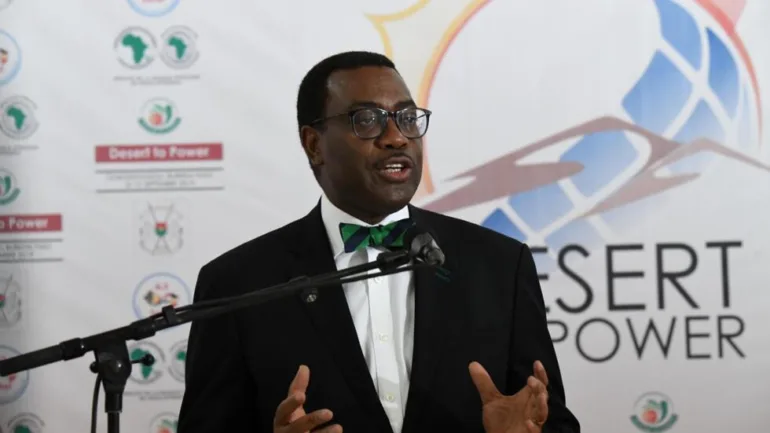The African Development Bank (AfDB) has approved a new five-year Country Strategy Paper (CSP) for Nigeria, committing approximately $650 million annually between 2025 and 2030 to support economic transformation, climate-resilient infrastructure, and inclusive growth.
In a statement published Thursday on its website, the Bank said it will provide $2.95 billion over the first four years of the plan, with an additional $3.21 billion expected from development partners through co-financing arrangements.
The CSP focuses on two key priorities: promoting sustainable, climate-smart infrastructure to drive competitiveness and industrial development, and advancing inclusive, green growth that benefits women, youth, and small businesses.
According to the AfDB, the plan targets Nigeria’s infrastructure gap—estimated at $2.3 trillion between 2020 and 2043—by investing in renewable energy, clean water systems, transport networks, and agribusinesses that create jobs. The goal is to help double the size of Nigeria’s economy to $1 trillion and generate over 1.5 million jobs.
The strategy aligns with Nigeria’s long-term development frameworks, including Agenda 2050, the National Development Plan (2021–2025), and the Renewed Hope Agenda.
It also aims to position Nigeria to benefit from the African Continental Free Trade Area (AfCFTA) by improving energy access, logistics, and market opportunities for farmers and entrepreneurs.
“This strategy takes the Bank’s partnership with Nigeria to a new level,” said Abdul Kamara, AfDB’s Director General for Nigeria. “By investing in sustainable infrastructure and inclusive agriculture, we are creating pathways to prosperity for millions of Nigerians.”
Beneficiaries will include women, youth, MSMEs, state governments, and rural communities, who will gain access to finance, enhanced value chains, and training opportunities. The strategy will also support initiatives such as the Affirmative Finance Action for Women in Africa and programs to equip youth with market-ready skills.
AfDB added that investments in greener infrastructure and agricultural resilience will help Nigeria adapt to climate challenges, reduce conflict over land use, and build a stronger, more unified economy.


